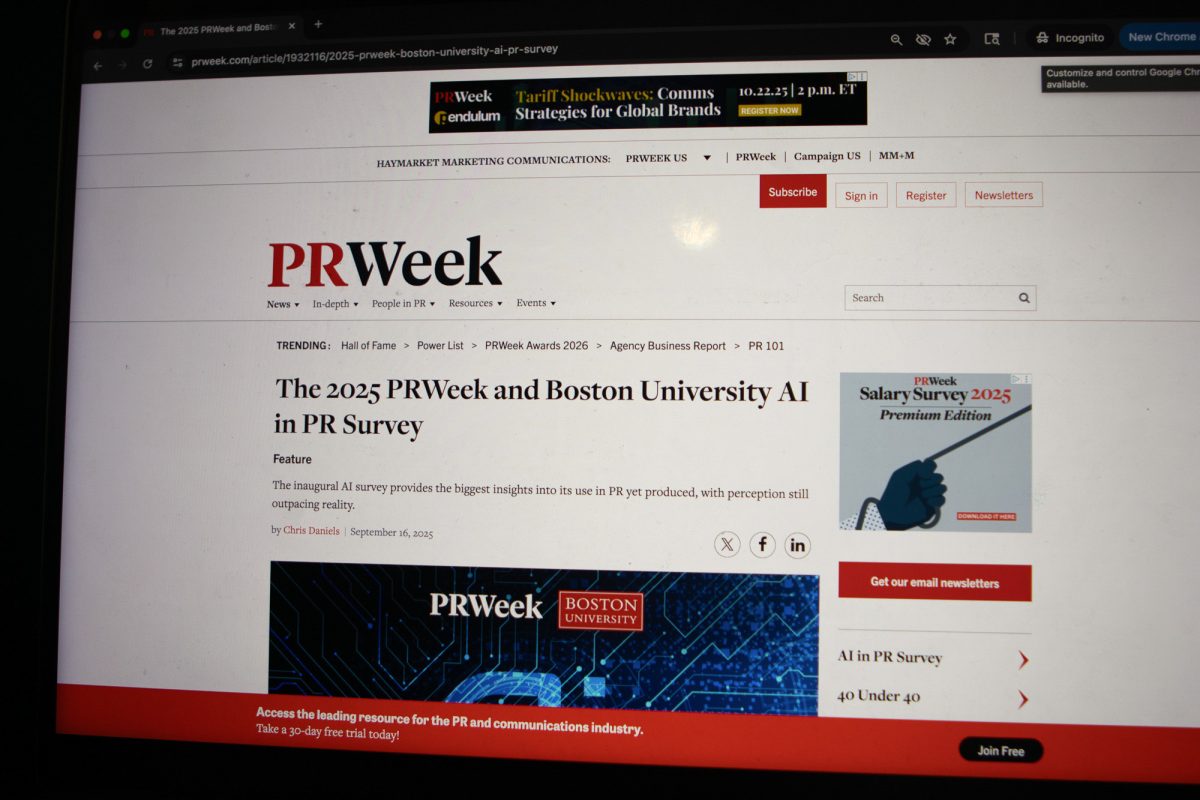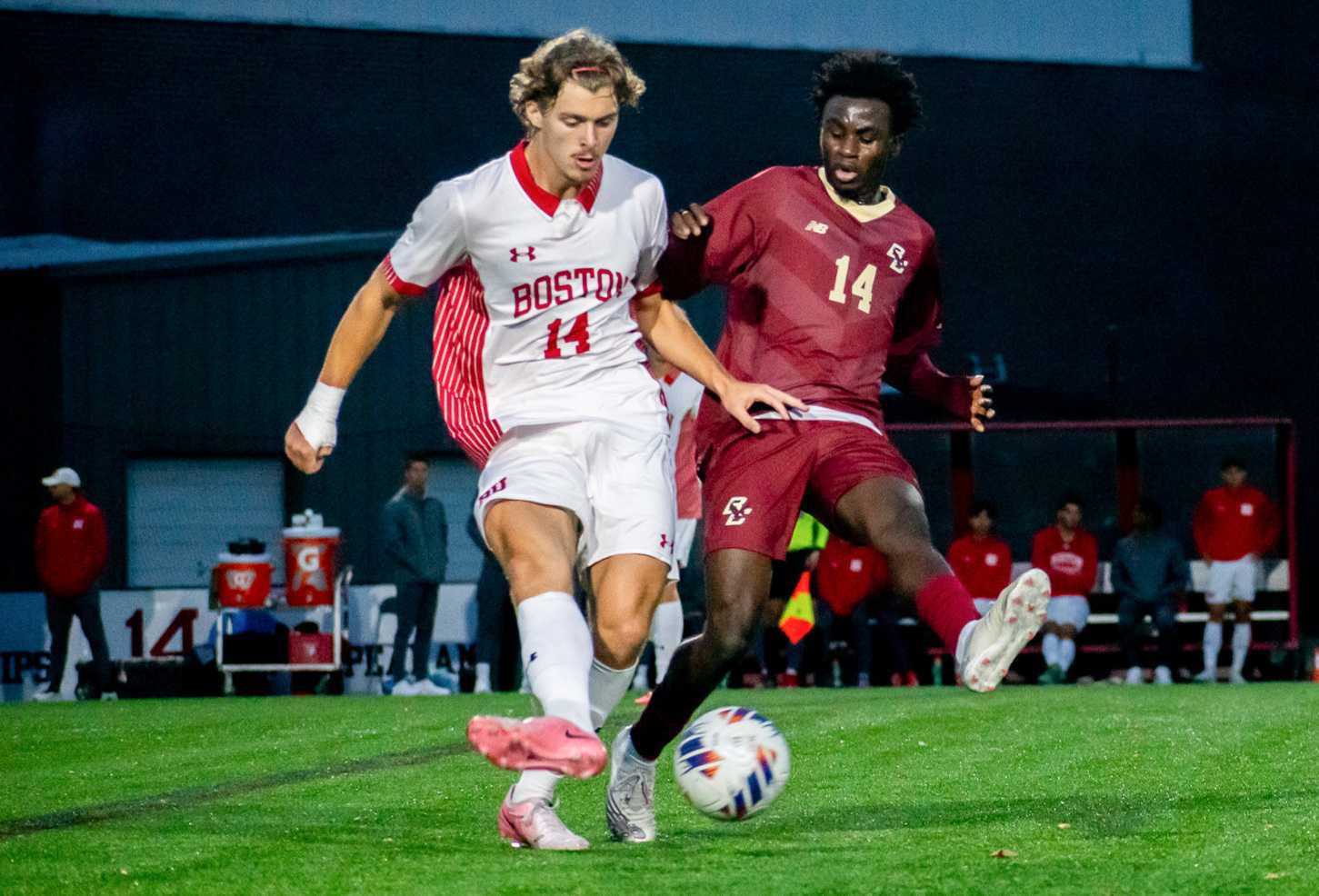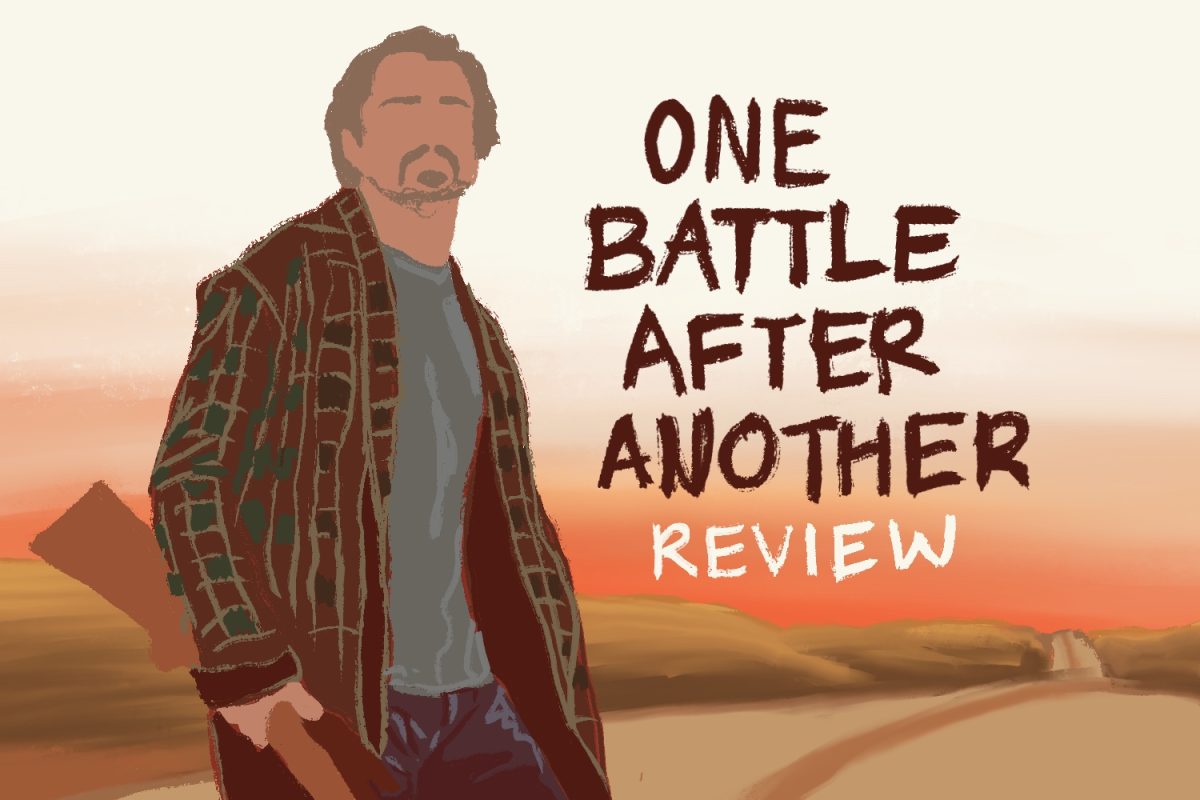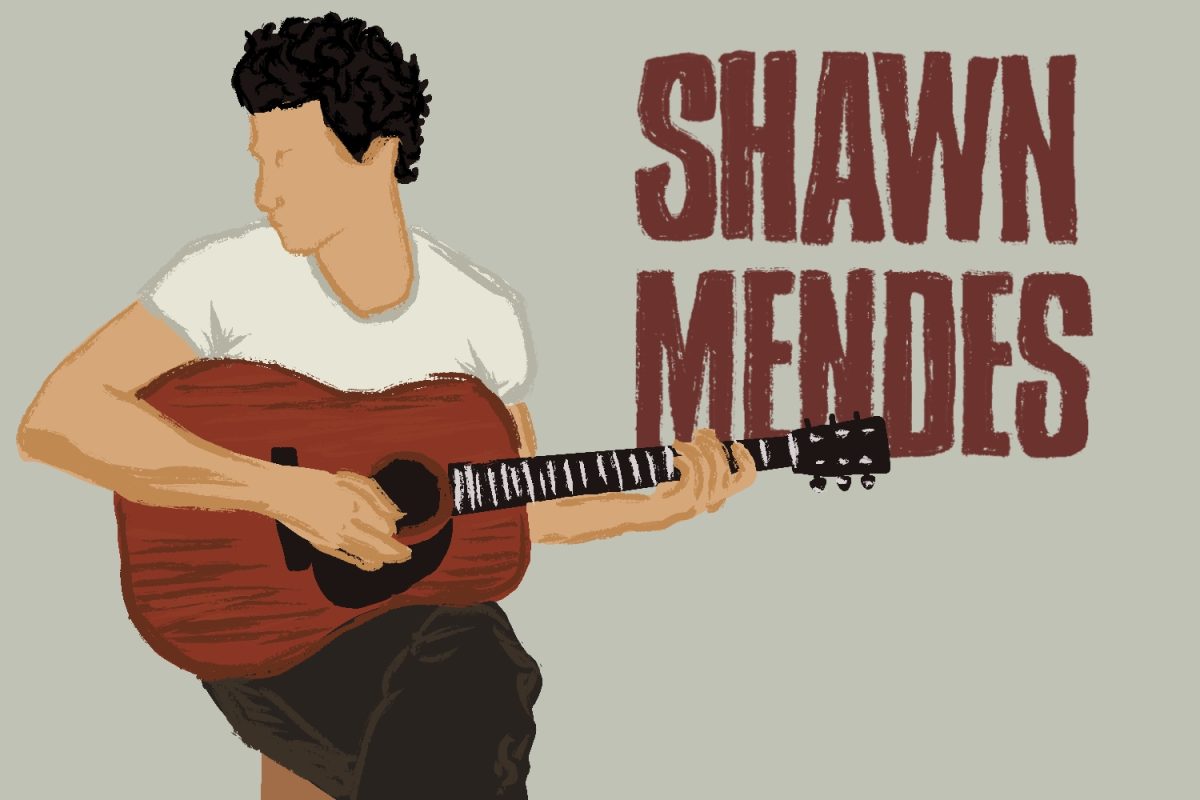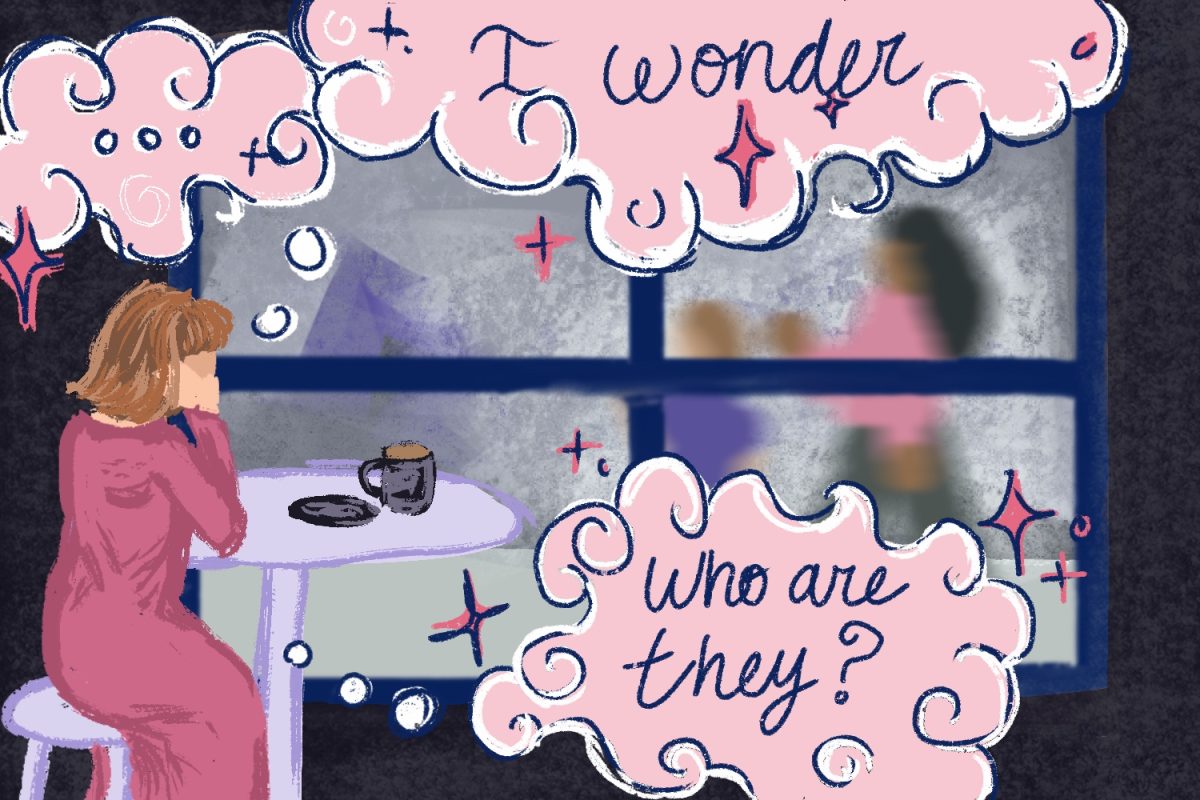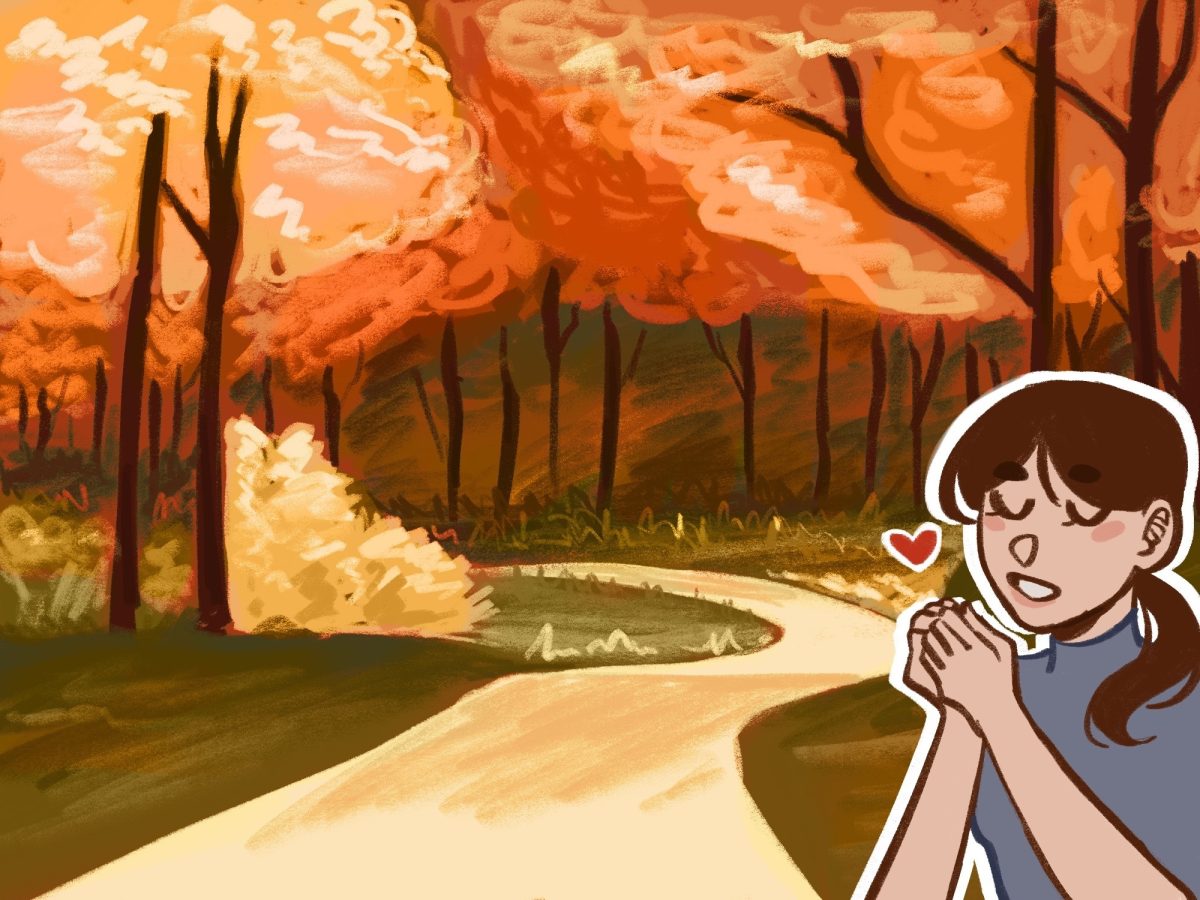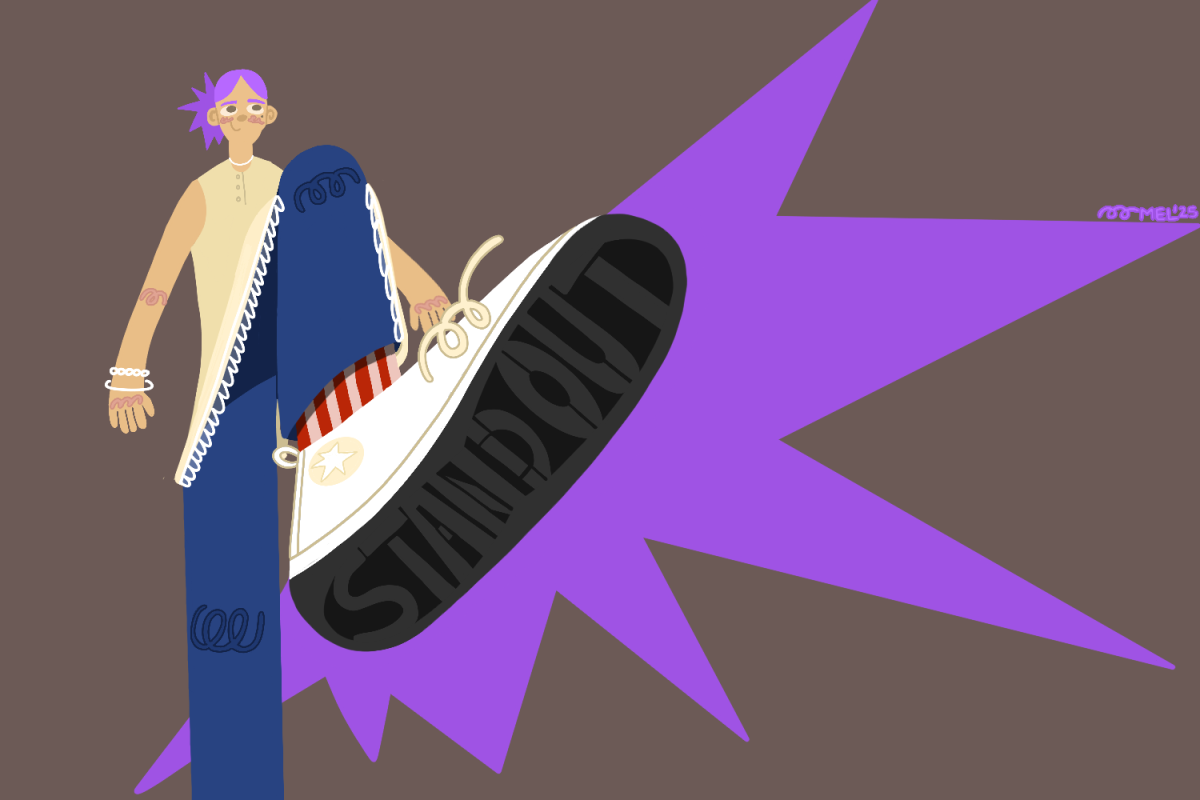Two weeks ago, singer-songwriter Christopher Joseph Gallant III, known as Gallant, was busy preparing for his tour in promotion of his latest studio album “Sweet Insomnia.” With venue closings and safety precautions being taken against large gatherings due to COVID-19, all of Gallant’s shows have since been postponed or cancelled, including his show at Paradise Rock Club which was scheduled for March 18.
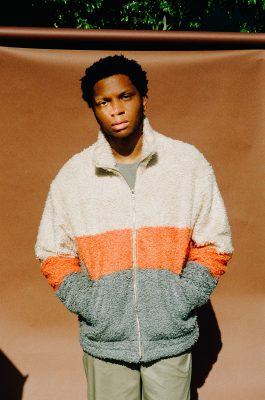
In his newfound time, Gallant has been focused on finding peace in the surprises of simply living life within his music, he said in an interview with The Daily Free Press. Coming from the suburbs of Columbia, Maryland, Gallant said he finds it natural to channel restless energy into the complexities of creating music, helping him cope with his mental health issues.
The beginnings of his songwriting career were inspired by the rhythm and blues songs from his childhood and personal lyrics from scene bands that his friends introduced him to, Gallant said.
“Combining all of those things together, I feel like it was therapeutic for me and cathartic for me,” Gallant said. “It was satisfying to know that I was making something that really only mattered if I enjoyed it. It was like a habit to keep getting out of control and I needed that as my own type of therapy.”
Gallant’s dedication led him to New York University’s Gallatin School of Individualized Study, where he studied music. He released his first studio album “Ology” in 2016, following his EP “Zebra,” which debuted in 2014. Gallant received critical acclaim for the album, which was nominated for “Best Urban Contemporary Album” at the 2017 Grammys.
“Sweet Insomnia,” released in October 2019, is characteristic of Gallant’s continued yet stylistically different approach to mental illness. While “Ology” provided listeners a glimpse at Gallant’s anxieties and after-effects of depression, “Sweet Insomnia” delves into inspirations and coping methods, he said.
“I felt like I didn’t want to repeat myself and do the same things [with “Sweet Insomnia”],” Gallant said. “[In “Doesn’t Matter”], every positive thing is paired with a negative thing and nothing’s 100 percent and beautiful, and nothing’s 100 percent disastrous. That kind of method was addicting because it felt like I was helping myself again.”
Through his relationships with his fans, Gallant said he has gained new perspectives and experienced individual growth. This was something that Gallant said he has learned how to do more of since the beginning of his musical career.
“When I started to really interact [with] and meet my audiences, it gave me more of a perspective,” Gallant said. “Before I felt like I was kind of by myself, going through a jungle trying to survive despite everybody else’s criticisms or expectations or stereotypes or whatever. After I got to even connect with my audience … I realized that I saw myself in other people more than I ever had before.”
The sense of gratitude toward his supporters and appreciation of life has allowed Gallant to explore music from an intimate headspace, he said.
“I think that having an open eye, not even an open mind,” Gallant said, “but just seeing the world as a bunch of different people who all are going through pretty much the same thing psychologically completely helped me write from a more empathetic space creatively.”
As a relatively new face on the mainstream music scene, the singer said he knows to not take himself too seriously.
“If I learned anything from making my first round of music, I feel like I just have to make stuff that makes me happy, that makes me feel like I made something good,” Gallant said. “And then, hopefully people agree with it. But even if not, I feel like life is long enough that there will be an opportunity.”






